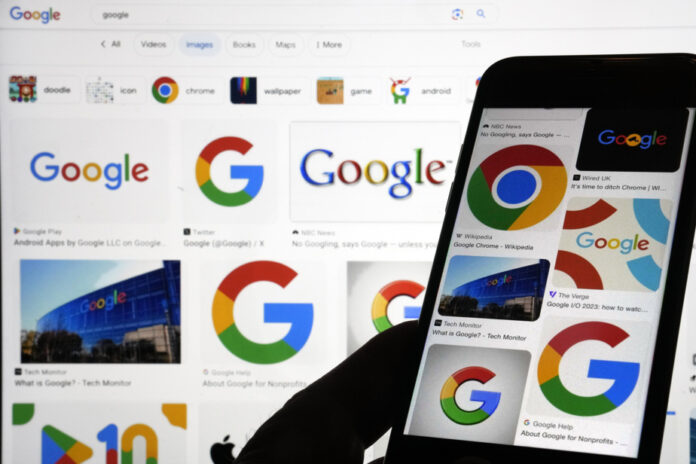Rejected in October 2021, a class action against Google Photos which would affect the majority of Quebecers is reborn. On September 28, the Court of Appeal in fact rebuffed the trial judge and sent the case back to him. Collective action, this time, could be authorized.
“The stakes are significant,” says Jean-Philippe Caron, of the Calex Legal firm, who is leading the case on behalf of a Vaudreuil-Dorion user, Michael Homsy. We talk a lot about the impact of technology in our lives. To me, this is a perfect example of a free service that allows a company to build new technology. »
Launched in 2015, the Google Photos application, which belongs to the search engine giant of the same name, makes it possible to analyze images and label the people appearing in them using a facial recognition technology called FaceNet.
In January 2021, Mr. Homsy explained in his class action request that he purchased an Android phone in March 2020 and transferred 5,500 photos to Google Photos. “At no time did Plaintiff know that Defendant [Google] was extracting, collecting, storing and using biometric facial data from his photos,” it reads. The applicant was not notified […] until January 2021.”
He asked the Superior Court to condemn Google for having notably violated the Civil Code of Quebec, the Charter of Rights and Freedoms and Canadian regulations concerning the protection of personal information.
As Google Photos is installed by default in Android devices, approximately 46% of the market in Quebec, and this collective action also affects all people photographed, an overwhelming majority of Quebecers are affected by this procedure.
In October 2021, Judge Donald Bisson of the Superior Court, however, rejected the request. He believed that what Google is accused of is “general, vague, incomplete and not supported [by facts]”.
Michael Homsy and his lawyers appealed the case. Very detailed and technical, the 17-page decision of the Court of Appeal rendered on September 28 mentions Judge Bisson’s errors a few times.
“The judge got bogged down in a false debate about the lack of proof that FaceNet is really the program behind Google Photos,” we read. The judge “errors” when he requires Mr. Homsy to prove that Google violates users’ privacy without sufficient consent.
The heart of the debate, in fact, is that Canadian courts, first and foremost the Supreme Court, have greatly facilitated authorization of collective action over time. At this stage, it is now sufficient to demonstrate “that one’s case is defensible by means of allegations,” summarizes the Court of Appeal. Judge Bisson “erred in law by imposing a level of proof which far exceeds that applicable to the authorization request”, it is estimated.
The Court of Appeal therefore sends the case back to Judge Bisson so that “he can decide questions which he did not deal with in his first judgment”, in particular the question of the consent of users and people photographed. If it considers Mr. Homsy’s claims sufficient, in light of the rather explicit instructions of the Court of Appeal, the class action will be authorized and the court will be able to debate the merits of the question. Google has 60 days to appeal the case to the Supreme Court.
On September 28, 2022, Google agreed to a US$100 million settlement against Google Photos affecting approximately 420,000 residents of the state of Illinois. The previous year, in the same state, Facebook had to pay US 650 million for its facial recognition technology.















